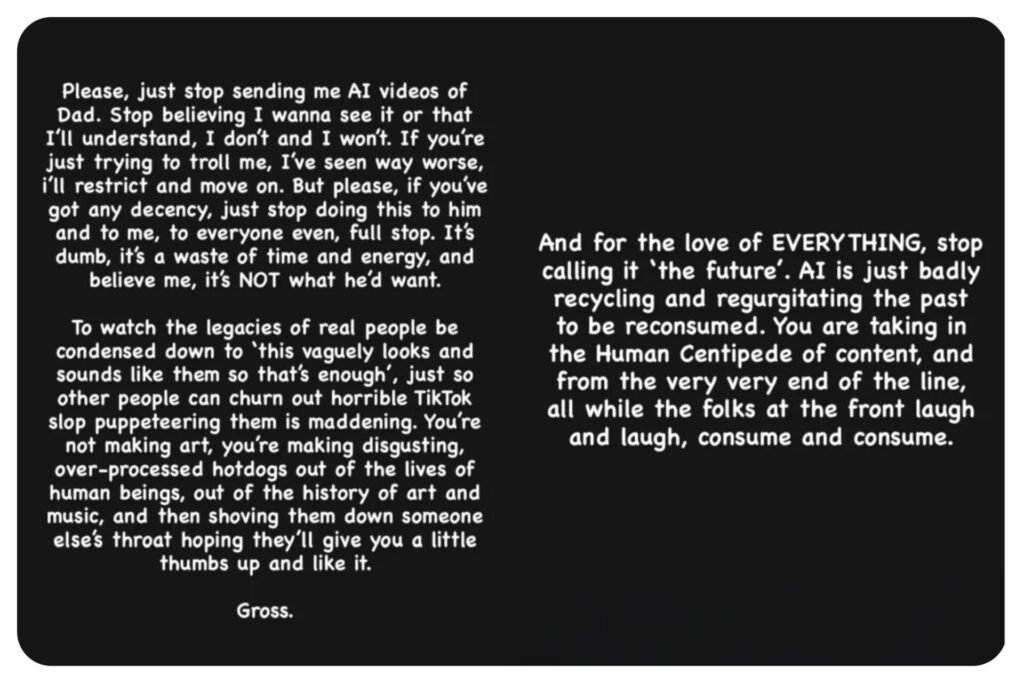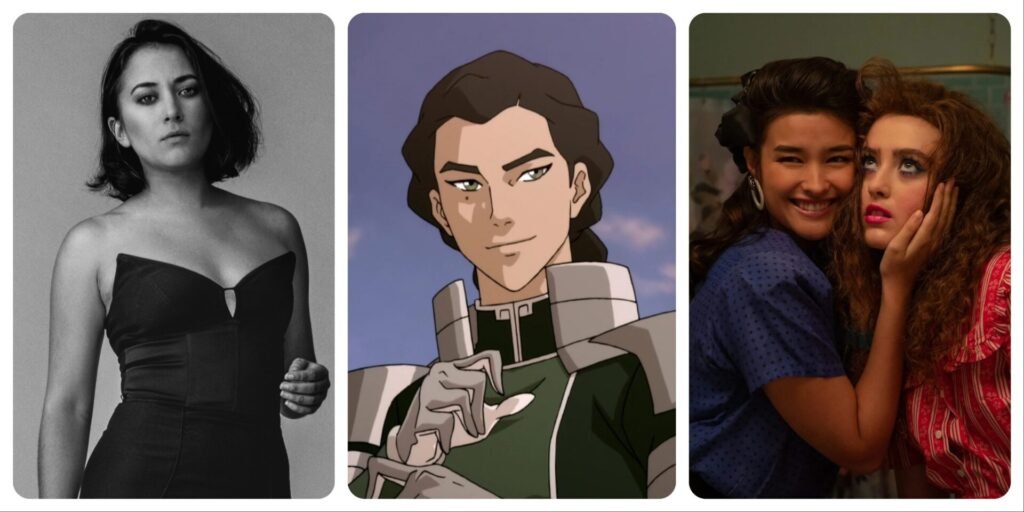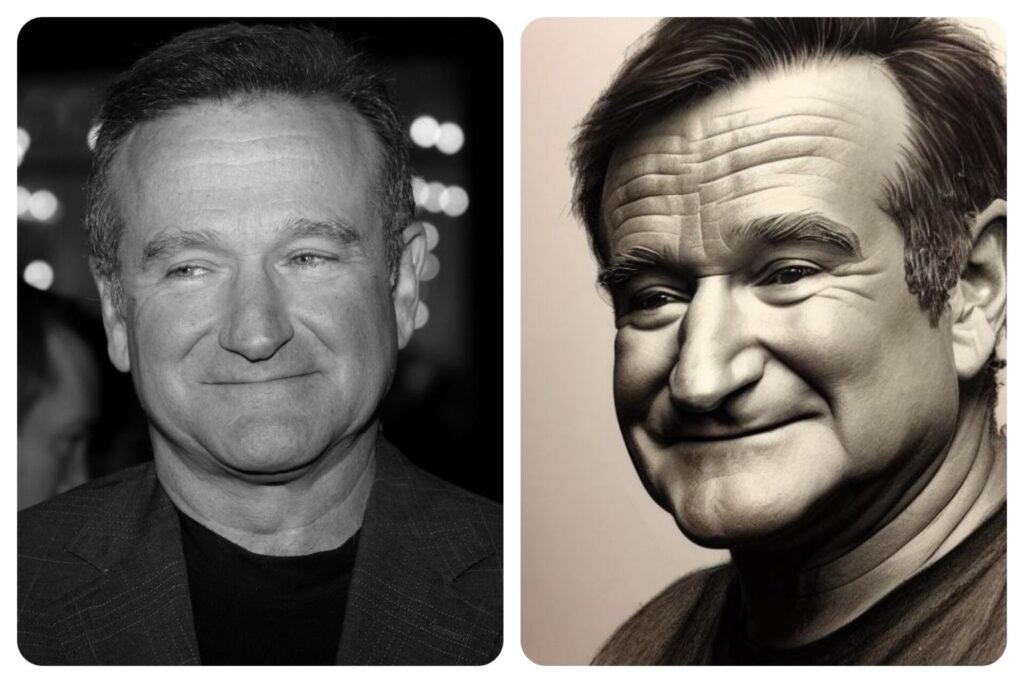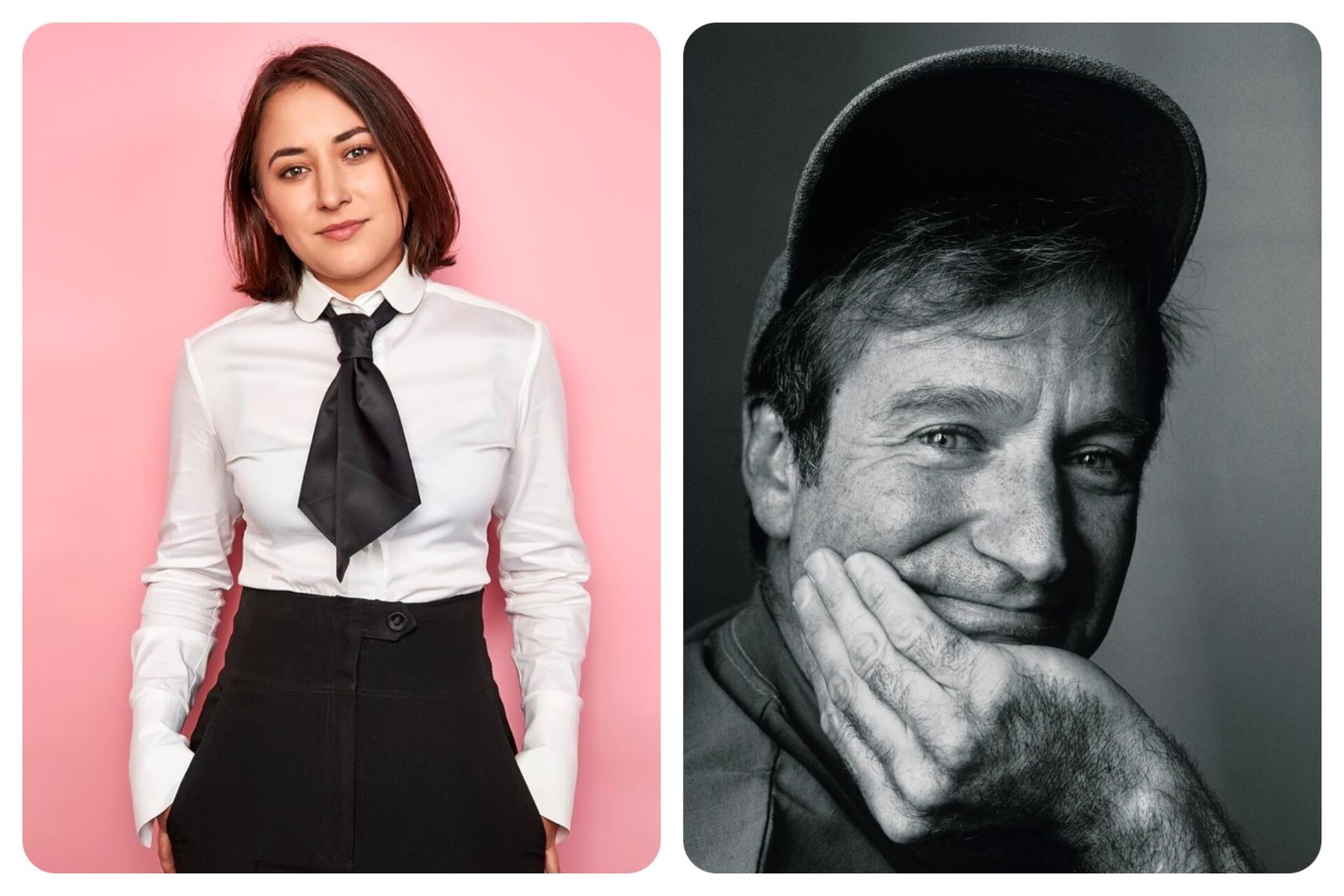After a wave of deepfake clips have resurfaced on social media platforms, Zelda Williams is asking fans to stop sending her AI-generated videos of her late father, Robin Williams.
“It’s NOT What He’d Want”

In a series of Instagram Stories, Zelda urged people to stop tagging her in or messaging her AI recreations of her father’s likeness and voice. She said the clips are disrespectful to his memory and emotionally exhausting to receive. She also made it clear that her father, known for his originality and compassion, would not have wanted to be digitally recreated for entertainment.
Zelda described the trend as an exploitation of real people, reducing their lives and art into “vaguely familiar” versions that exist only to chase views and engagement. She likened AI-generated celebrity videos to “over-processed hotdogs” made from human history and creativity, calling the entire practice “gross.”
A Career Built On Art And Advocacy

Zelda Rae Williams was born in 1989 to Robin Williams and film producer Marsha Garces Williams. Named after the Legend of Zelda video game, she grew up around the entertainment industry and began acting as a child. She later voiced the character Kuvira in Nickelodeon’s The Legend of Korra and made her feature directorial debut in 2024 with the horror-comedy Lisa Frankenstein.
In addition to her creative work, Zelda has become known for her advocacy around mental health and her outspoken criticism of unethical technology use in Hollywood. During the 2023 SAG-AFTRA strike, she condemned AI systems that mimic actors’ voices and performances without consent, warning that they threaten both artistry and humanity.
“Stop Calling It the Future”

In her recent post, Zelda rejected the idea that AI represents progress in entertainment. She said the technology is not creating new art but merely “recycling and regurgitating the past” for consumption. She compared it to a “Human Centipede of content,” where audiences are fed endless remakes and digital imitations while corporations profit at the top.
Protecting a Legacy

It remains to be seen whether her plea will be heeded, but the issue of deepfakes and the use of a person’s likeness without consent is now a growing legal battleground. Lawmakers around the world are beginning to respond to the rise of AI-generated content, with new legislation being drafted to protect individuals — living or deceased — from digital replication.
In Australia, the government has proposed updates to defamation and privacy laws that would make it easier to hold creators of harmful deepfakes accountable. Similar measures are being explored in the United States and the United Kingdom, where policymakers are weighing how to balance creative innovation with personal rights.
For Zelda Williams, the legal and ethical debate is inseparable from the emotional one. Her call to stop AI recreations of her father underscores a larger question facing Hollywood and beyond: how do we preserve art, memory, and identity in an era when technology can imitate all three?
